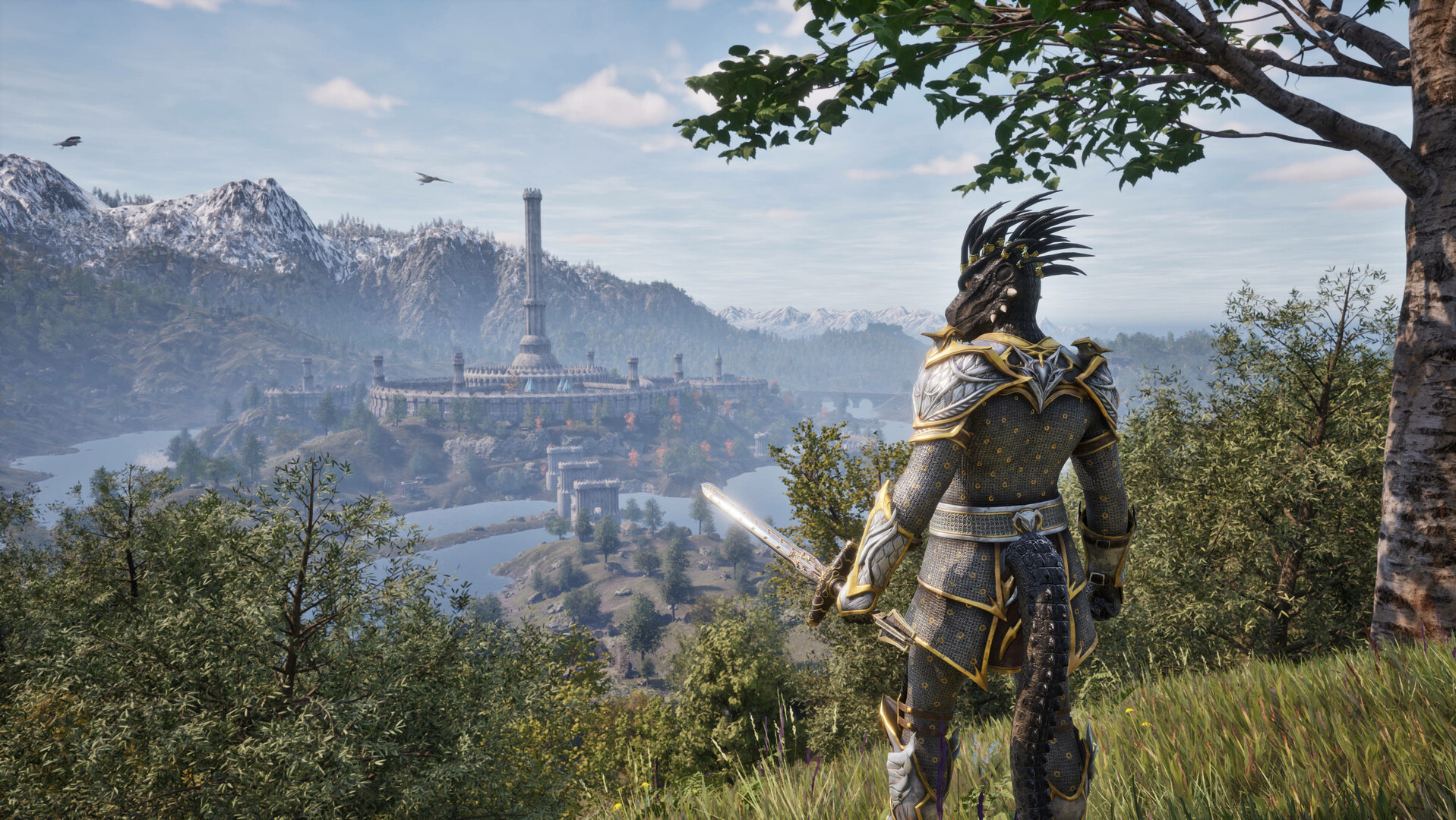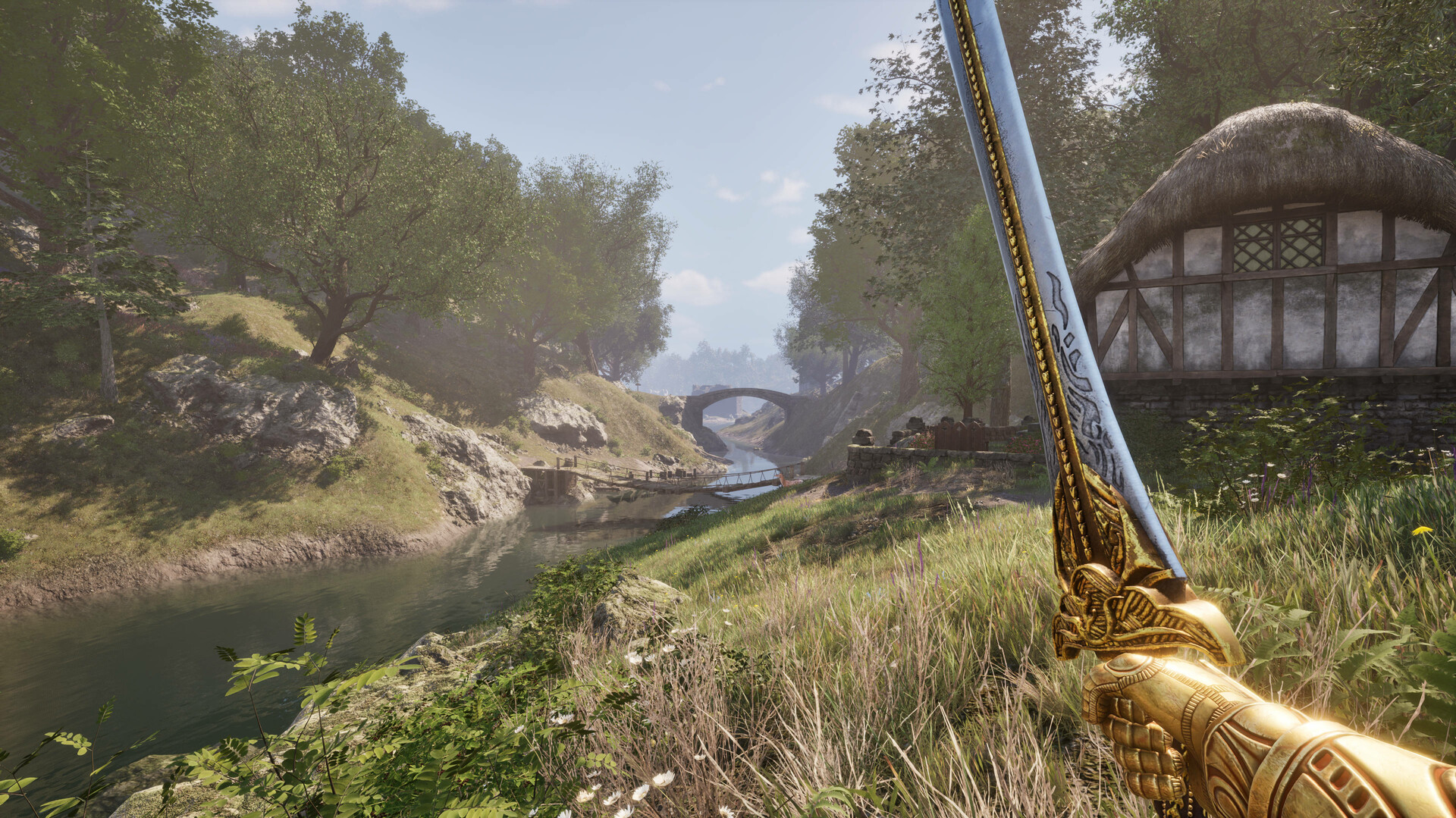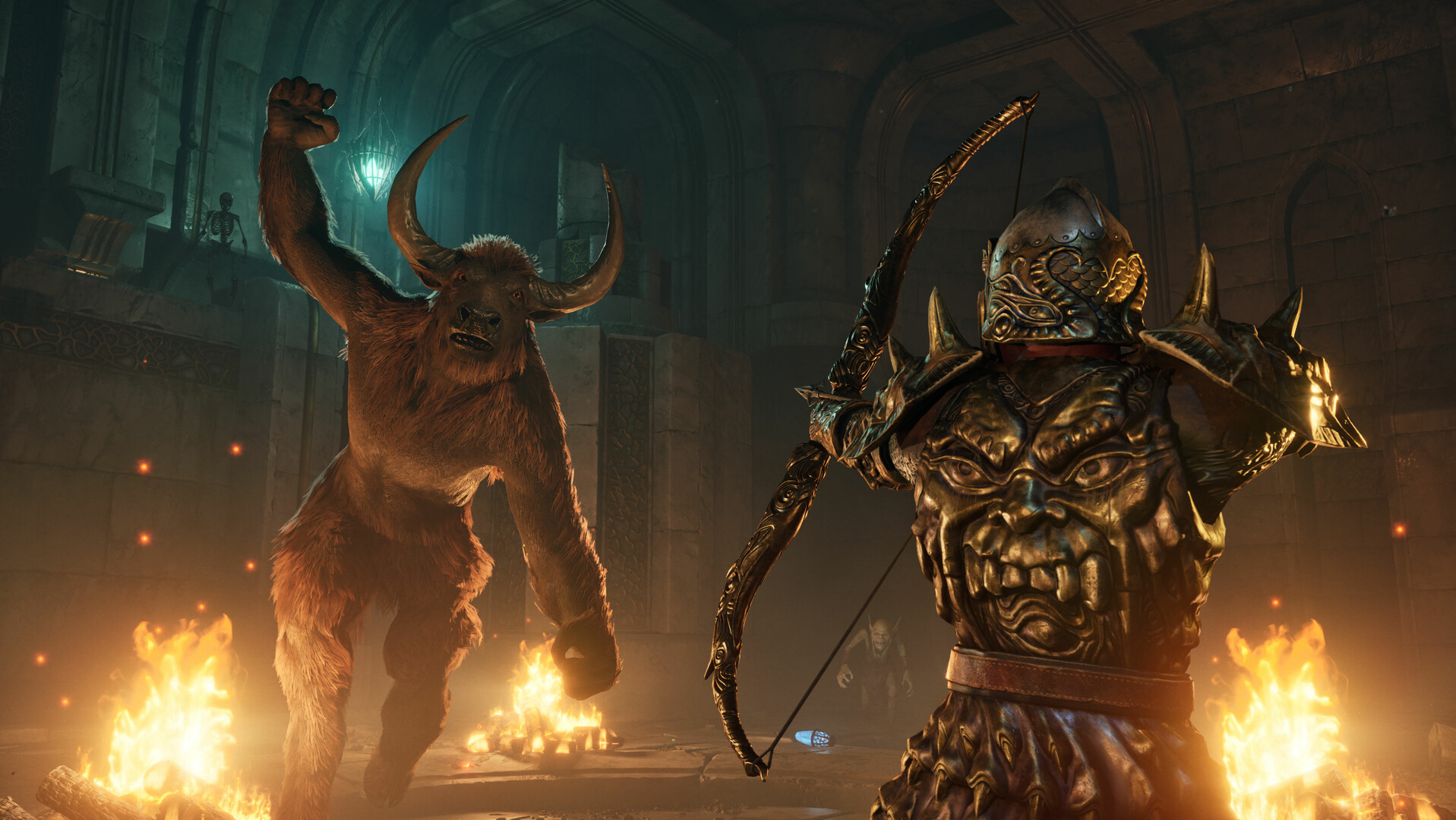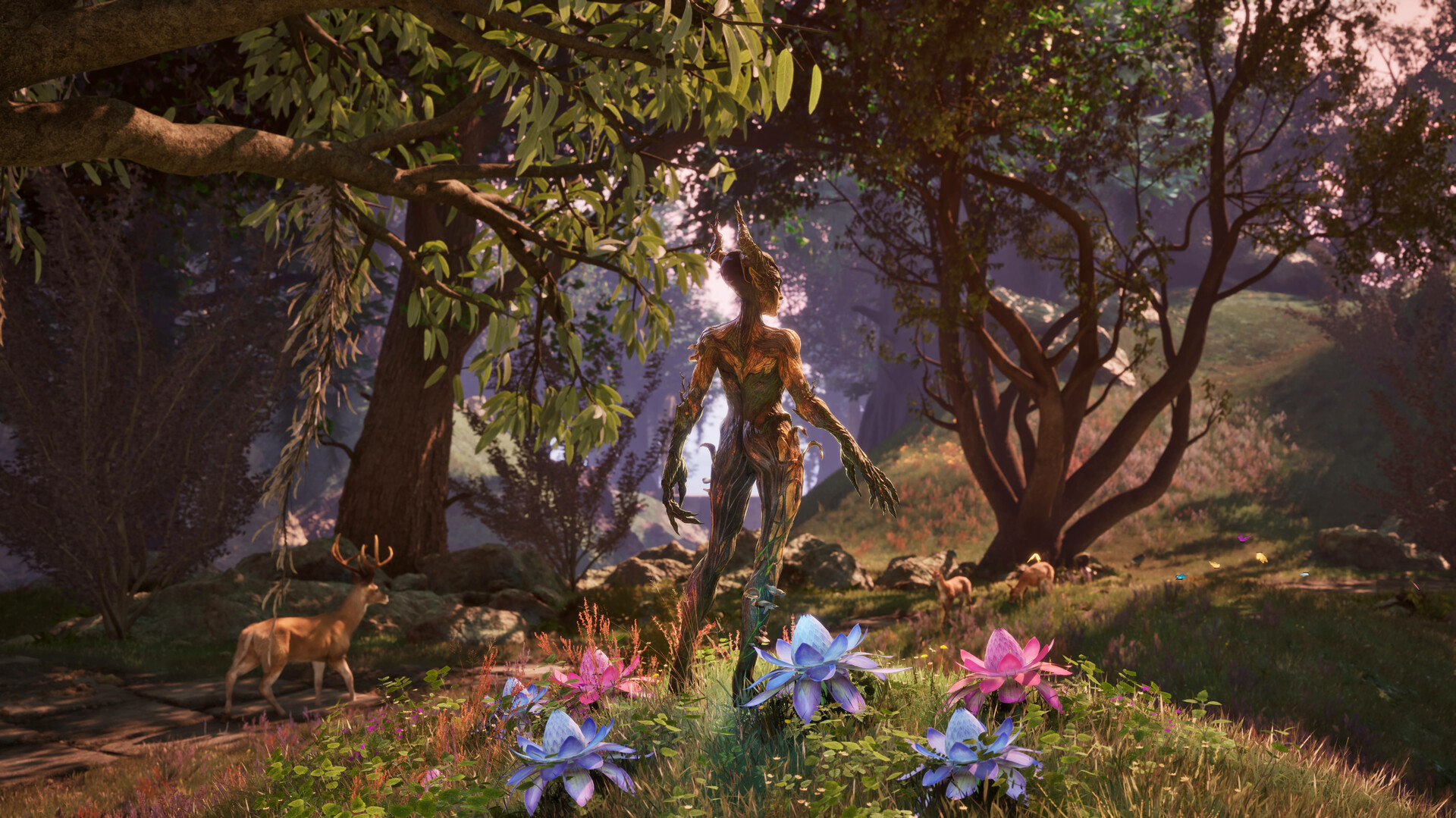The year is 2006. Mullets are dying, but low-rise jeans are inexplicably thriving. And more importantly, you’re lost in the sprawling landscapes of Cyrodiil, battling hordes of goblins and closing Oblivion gates with a fervent, pixelated determination. Now, almost two decades later, Bethesda has rekindled that magic with The Elder Scrolls IV: Oblivion Remastered, a welcome return to a beloved classic. This isn’t just a fresh coat of paint; it’s a thoughtful upgrade that enhances the nostalgia without sacrificing the soul of the original.

As good as my memory of the original
Playing Oblivion Remastered is like stepping into a time machine that only sends you back with better vision. It’s how my memories always portrayed the original: vibrant, immersive, and endlessly captivating. That nostalgic filter, usually reserved for wistful reminiscing, has been applied in real-time, making this the definitive version for both veterans and newcomers.
Visually, the difference is striking. While it might not hit the hyper-realistic heights of current-gen titles, the remaster is a massive leap forward from the blocky, somewhat muddy textures of the original. The forests of Cyrodiil are genuinely lush and inviting, sunlight dappling through the trees. Deep, foreboding dungeons are now even more atmospheric, the improved lighting adding a palpable sense of dread. The character models, though still possessing a certain… charm, have been noticeably refined, making the often-memed faces slightly less jarring. While perhaps not revolutionary, the visual overhaul provides a significant boost to immersion, allowing you to fully appreciate the meticulously crafted world.

Run, Forrest, Run!
Beyond the visual upgrade, Oblivion Remastered introduces gameplay tweaks that feel seamlessly integrated, addressing some of the original’s more glaring shortcomings. The most impactful addition is undoubtedly the ability to sprint. This may seem like a standard feature in modern open-world RPGs, but its absence in the original Oblivion was a persistent source of frustration. Now, traversing the vast distances of Cyrodiil feels far less like a marathon, allowing you to focus on the adventure rather than the tedium of travel.
Furthermore, the compass and levelling system have been retooled, drawing inspiration from Skyrim. The compass is now more intuitive and user-friendly, making navigation significantly easier. The levelling system, while still somewhat complex, feels less punishing than the original’s notoriously obtuse system, encouraging experimentation and diverse character builds. These changes don’t fundamentally alter the core gameplay, but they smooth out the rough edges and make the overall experience more accessible and enjoyable.

Unintended fun
But what truly elevates Oblivion, and by extension Oblivion Remastered, are the unexpected moments. The glitches, the quirky NPC interactions, the sheer unscripted chaos that can erupt at any given moment. Thankfully, the remaster hasn’t ironed out these endearing imperfections. Watching an NPC get stuck in a doorway, witnessing a guard inexplicably chasing a chicken, or stumbling upon a dialogue exchange so bizarre it transcends logic – these are the moments that define Oblivion and contribute to its enduring charm. The remaster wisely preserves these quirks, reminding us that sometimes, the most memorable moments are the ones that weren’t meant to happen.
Of course, Oblivion Remastered isn’t without its flaws. The core game remains fundamentally the same, which means it still carries some of the baggage of its age. The combat can feel clunky by modern standards, the voice acting is often unintentionally hilarious, and the AI can be frustratingly inconsistent. However, these imperfections, while noticeable, are ultimately part of the game’s unique identity. They contribute to the overall experience and add a layer of personality that is often lacking in more polished, contemporary titles.

Conclusion
In conclusion, The Elder Scrolls IV: Oblivion Remastered is a triumph of nostalgia and thoughtful modernization. It’s a game for those who fondly remember their first forays into Cyrodiil, but it’s also a compelling entry point for newcomers eager to experience a true RPG classic. While it retains the quirks and occasional jankiness of the original, the visual enhancements and gameplay tweaks make this the definitive way to play Oblivion. It’s a game that embraces its imperfections, celebrating the unexpected and unforgettable moments that have resonated with players for nearly two decades. So, prepare yourself to close some Oblivion gates, encounter some hilariously awkward NPCs, and lose yourself in the vast and vibrant world of Cyrodiil. This summer, it feels like 2006 all over again, and that’s a very good thing. The summer of Oblivion has returned.

Leave a Reply